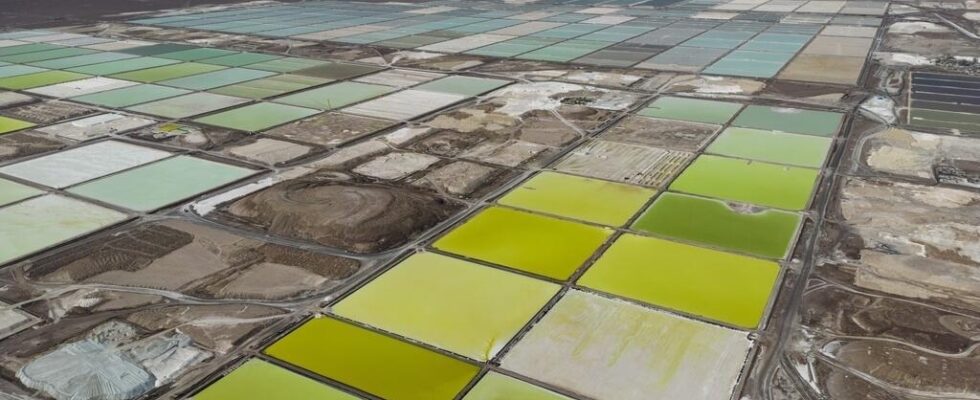A few days ago, Chilean President Gabriel Boric, on an official visit to Germany, participated in an economic forum to strengthen cooperation on subjects such as green energy and sustainable mining. The Andean country is looking for investors and technical knowledge to develop both the exploitation of its copper and its lithium in the most ecological way possible, and at the same time accelerate its exit from coal, since Chile is aiming for carbon neutrality. by 2050.
2 mins
With our correspondent in Santiago,
The Chilean government has big ecological ambitions, but the country’s economy is largely based on mining. This file is at the heart of the European tour of President Boric and his ministers.
Chile is the world’s leading producer of copper. The mining sector weighs heavily in the country’s economy, last year it contributed around 12% of GDP. But it is a sector that pollutes a lot and consumes a lot of energy. In 2022, copper mines consumed more than 30% of the country’s total energy.
Read alsoIn Chile, President Boric approves the extension of a controversial mining project
Despite technological advances, mining operations always require more energy due in particular to the aging of mines or the lack of water which leads to the construction of seawater desalination plants, which are also very energy-intensive. Added to this is the Chilean ambition to become the world’s leading producer of lithium.
Read alsoExploiting lithium, a bad idea?
Acceleration of the energy transition
To maintain, and even increase, its mining activity, while keeping its “carbon neutrality” objective, Chile is accelerating its energy transition. In 2019 the country launched its Decarbonization Plan. Of Chile’s 28 coal-fired power plants, 9 have been closed to date. And the country has set itself the objective of closing the other 19 by 2040. At the same time, Chile is also massively developing solar and wind power. Last year the share of renewable energies in the Chilean energy matrix reached 63%. And the mining sector is not left out, according to the Chilean Copper Commission, in 2022, 67% of the electricity used came from renewable sources.
Read alsoEU and Chile sign agreement on lithium and copper
This decarbonization also has consequences. On a social level, what do we do with the hundreds of direct or indirect jobs linked to coal-fired power plants? And how do we support people who for years lived around these ultra-toxic power plants, and who today suffer from illnesses? The Chilean government does not have all the answers. And then, the country also faces another major challenge, the transport and storage of electricity from renewable energies. Chile lacks infrastructure, and projects that exist to address this often face opposition from residents.
